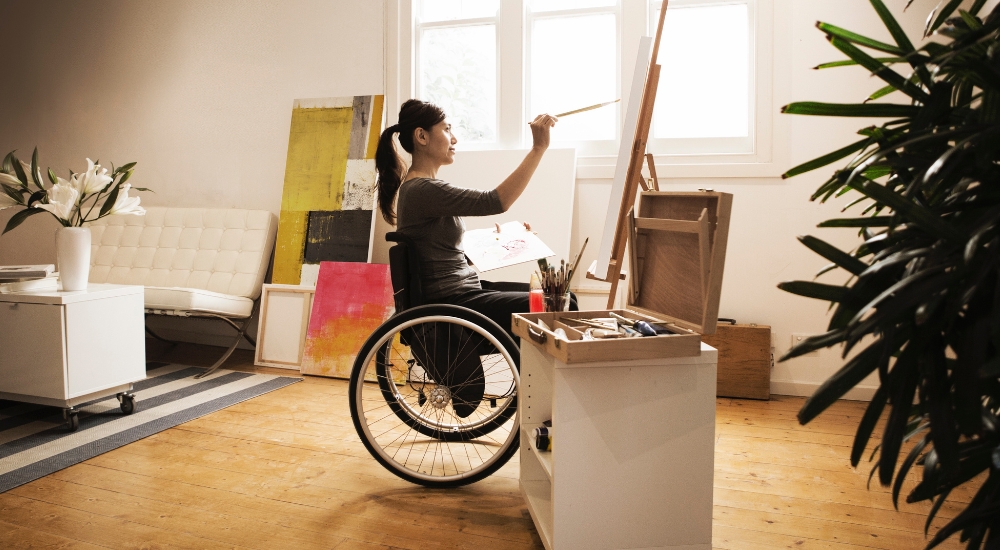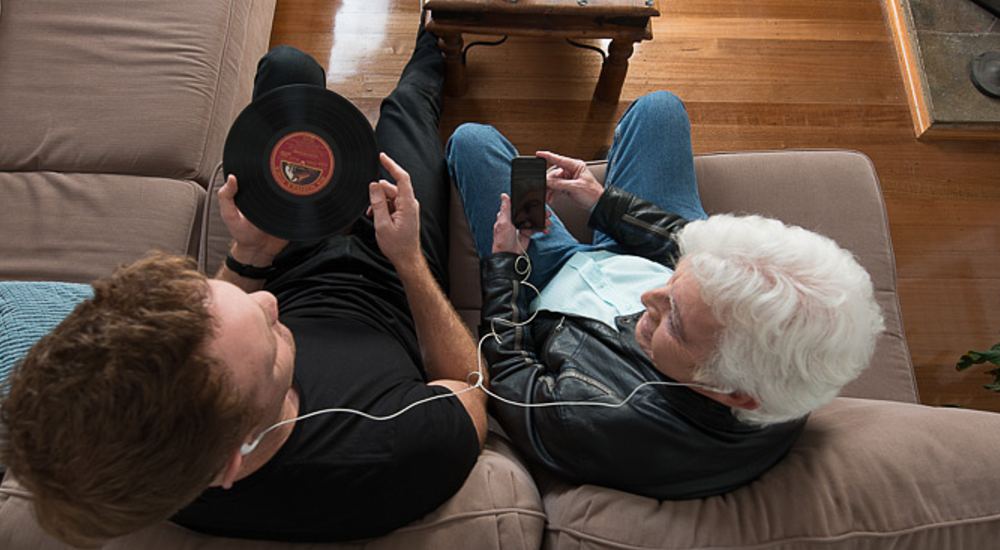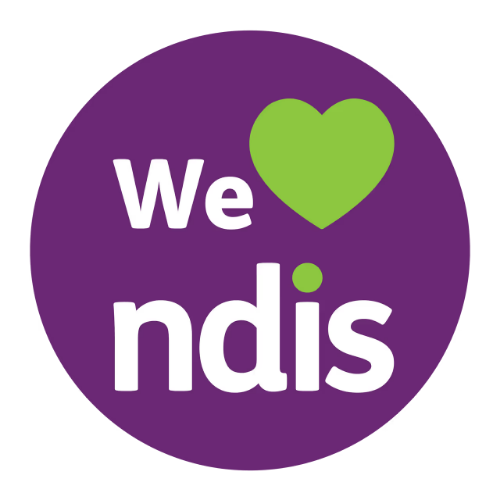Do you know that art and music have therapeutic value for people with disability?
From improving motor and cognitive function to decreasing agitation and enhancing reality orientation, art and music do wonders in improving the quality of life of people with disability.
Today, we are going to explore the amazing things that art and music therapy does to a person with disability. We’re also going to explain how you can incorporate that into your NDIS plan so that adequate funding can be achieved to support it.
Art Therapy and Its Benefits
Art therapy is a treatment approach that integrates psychotherapeutic techniques in the creative process of making art to improve a person’s physical, mental and emotional wellbeing. For people with disability, the benefits are multi-fold as it gives them an outlet to discover new passions and express themselves while building technical skills at the same time.
Through the exploration of different creative activities such as drawing, painting, craft, sculpting, colouring and collaging, benefits such as emotional conflicts reconciliation, social skills development, reality orientation improvement, relief of anxiety and depression and boosts of self-esteem are achieved.
Let’s take collaging as an example. It is an activity that uses photographs, shapes and words to create a dimensional multimedia image or poster. For people with communication disability or those who find it difficult to express themselves verbally, this is a great alternative to communicating as they get to share things about themselves symbolically through a combination of different visual displays.
Sculpting is another good example. It is a tactile experience where clay and carving are involved and not only does it hone a person’s fine motor abilities, those who are visually-impaired get to have a hands-on experience that engages other senses too.
When a person focuses on a project at hand, it moves the mental focus away from any physical discomfort. This is particularly beneficial for people with chronic pain as it helps them find relaxation and relief. In addition, the process of making art increases one’s dopamine levels so people with Alzheimer or focus-related diseases find it helpful to improve concentration and attention span.
Other benefits include (but are not limited to):
- Develop social skills
- Boost self-esteem
- Reduce anxiety and depression
- Increase focus and concentration
- Improve brain function and cognitive abilities
- Facilitates communication
- Increase self-awareness
- Reconcile emotional conflicts
- Develop healthy and effective coping skills
Benefits of Music Therapy
On the same note, music therapy is the clinical and evidence-based use of music to accomplish individualised goals such as reducing stress, improving mood and self-expression. From creating, singing, moving to or listening to music, they are found to help address the physical, emotional, cognitive and social needs of a person.
The benefits of music therapy are similar to that of art therapy. Enabling non-traditional communication for people with communication disability (autism spectrum disorder and Alzheimer’s disease), acting as a form of pain management and helping one to focus are just among some of its most apparent benefits.
Prescribed even by health care professionals, music therapy has shown to be an effective treatment for neurological ailments such as brain injuries, seizures, tension headaches, epilepsy etc.
In addition, it helps calm anxieties and allows people express a variety of emotions (thereby control any emotional outbursts). The repetition and memorising involved stimulates learning and improves a person’s physical skills while the overall sense of satisfaction derived from completing a piece strengthens a person’s self-esteem.
Incorporating Art and Music Therapy into Your NDIS Plan
Now, incorporating art and music therapy into one’s life can be rather costly.
For people with disability, you can utilise your NDIS budget to fund for it. It is essential that you show that they are reasonable and necessary though, meaning, you need to show that the therapy will deliver an expected outcome and is aligned with the goals and objectives in your NDIS plan.
The good thing is, there are already a wide range of therapies available in NDIS plans. Physiotherapy, art therapy, music therapy and occupational therapy are amongst them, classified under the Capacity Building supports (the other two are being Core and Capital) that are funded by NDIS to its participants.
By indicating Improved Daily Living, Improved Health and Wellbeing and Improved Relationships as goals that you want to achieve in your NDIS plan, you should be able to obtain funding from the NDIS to fund your art and music therapy.
You see, the NDIS is all about helping people with disability have the same things in life as other people i.e. somewhere to live, having a job, hobbies and social activities etc. If you can show that art and music therapy help support or increase your emotional wellbeing as well as make positive changes to your social ability, getting funding shouldn’t be a problem.
Conclusion
The benefits of art and music therapy for people with disability are proven and evidence-based. It teaches cognitive, motor and daily living skills and encourages self-expression, communication and socialisation. It is also a safe space that encourages self-discovery and emotional growth without any judgment and is suitable for kids, teens and adults alike.
The results won’t be immediate and apparent though – as with any therapy that works to heal the mind and emotion, it needs to be carried out long term before one can notice any difference. One thing that is for sure though – creativity enhances the wellbeing of people and it would be a shame to deny anyone access to that. Speak to your support coordinator or Local Area Coordinator today to include art and music therapy into your NDIS plan. You won’t regret it.






